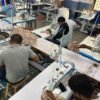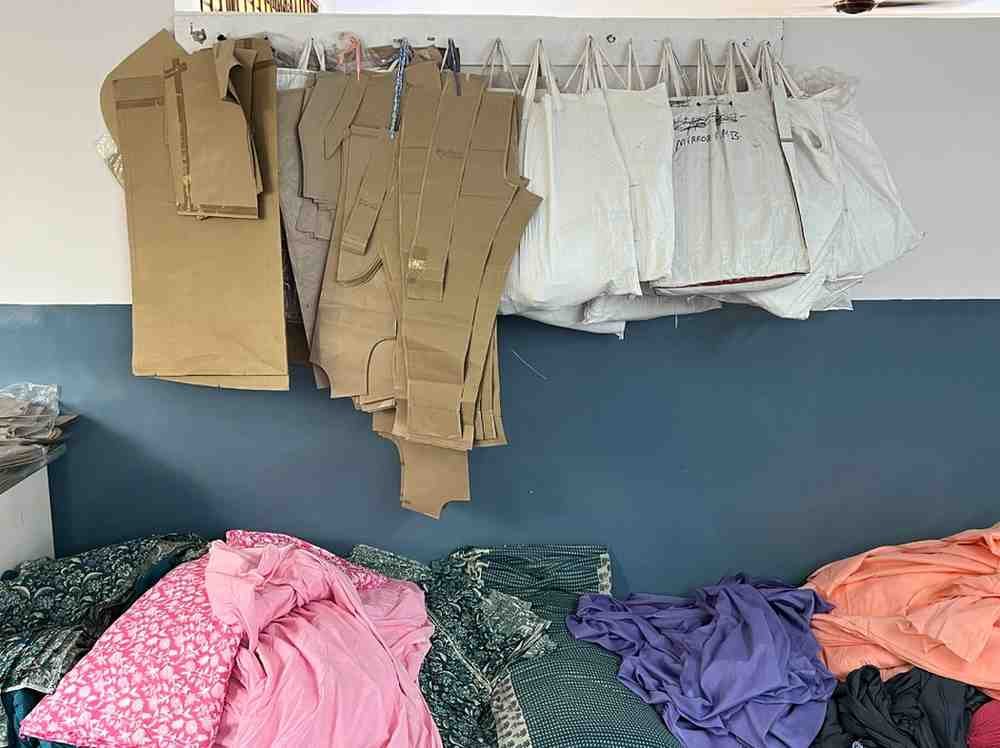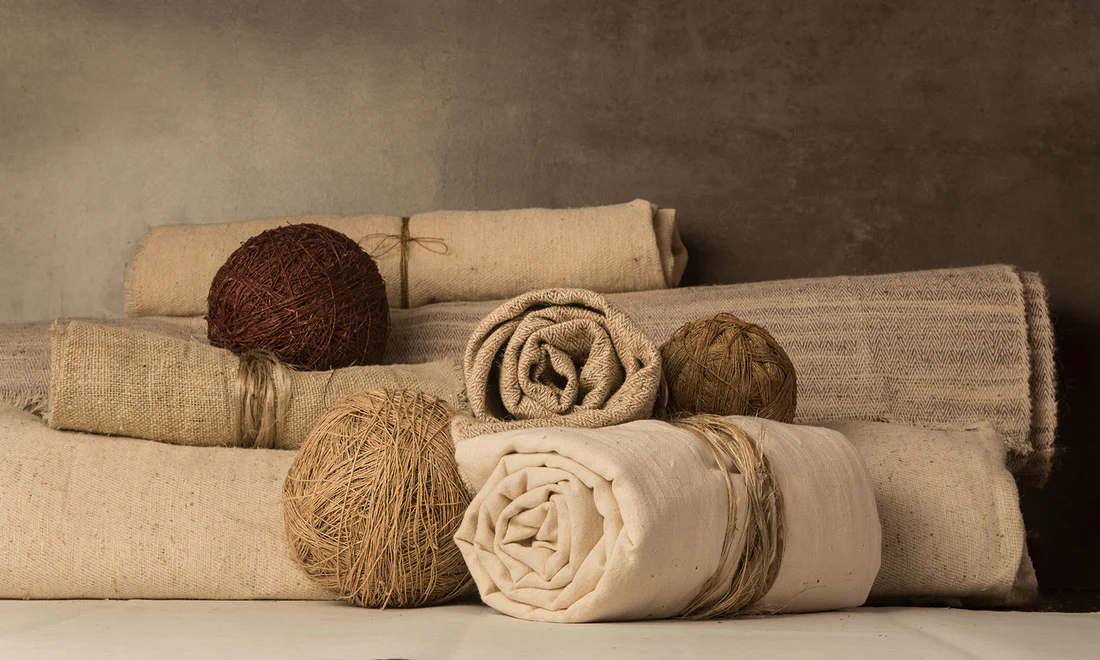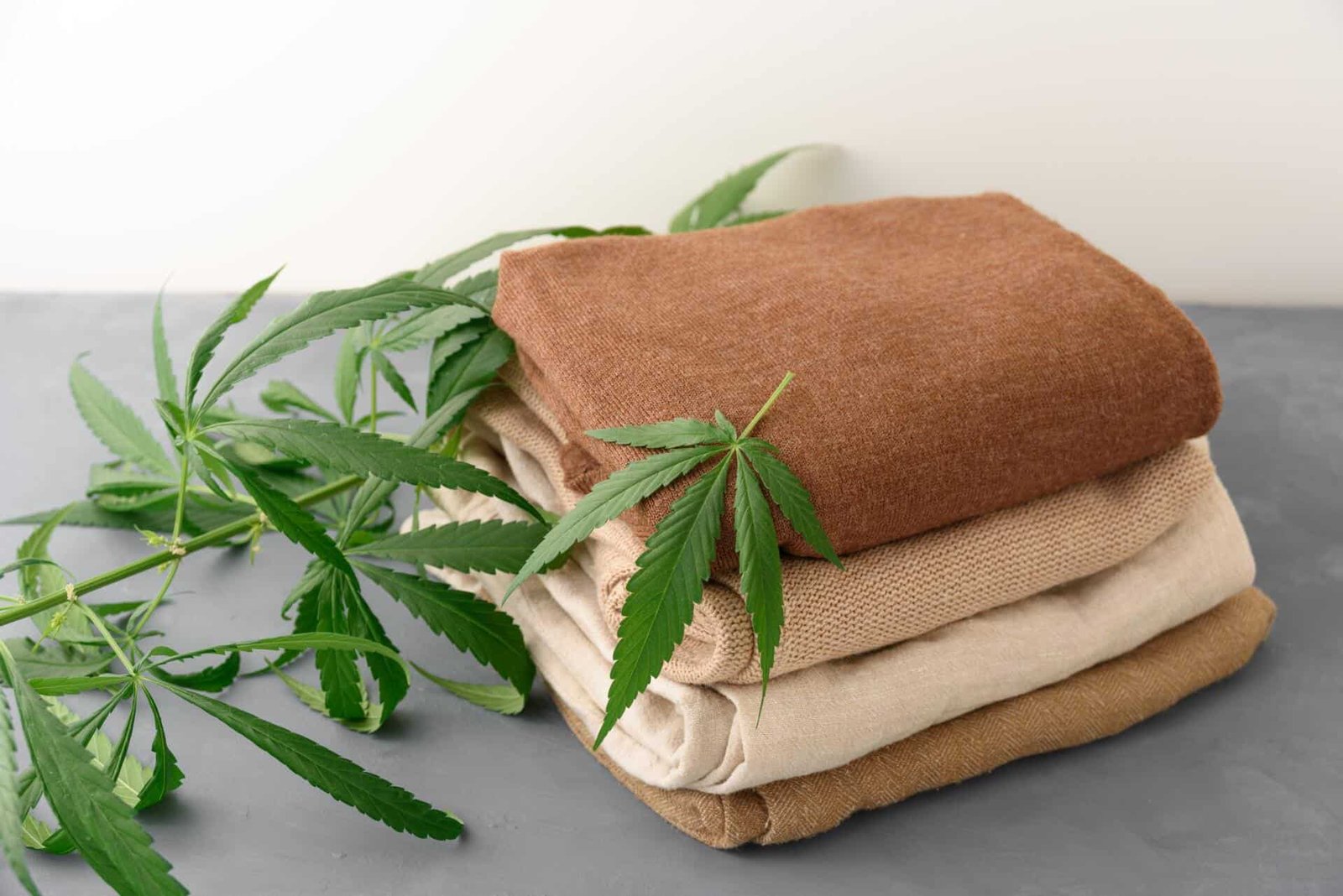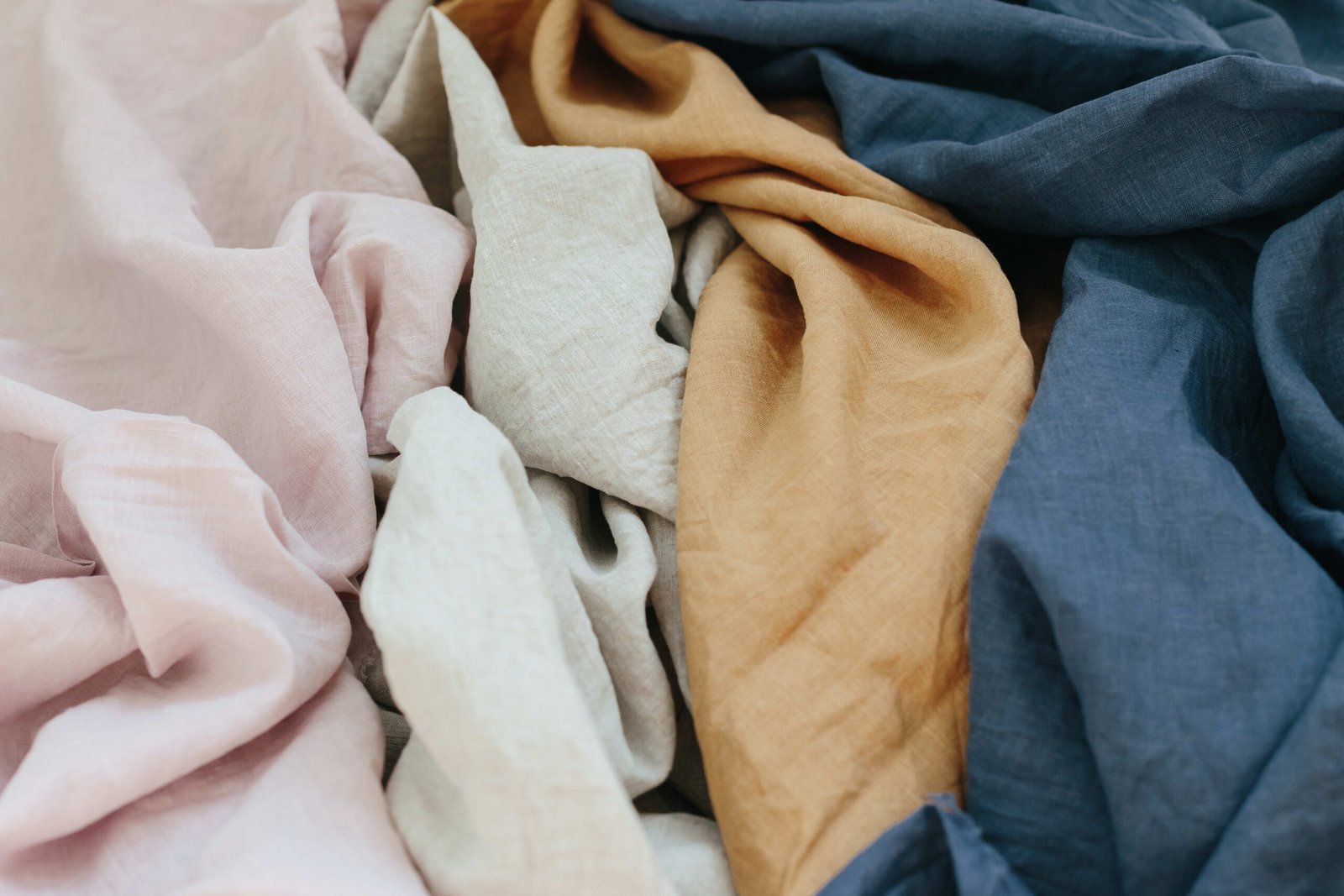Slow Fashion Explained Through Organic Hemp Clothing
In an era dominated by fast fashion, the concept of slow fashion is emerging as a sustainable and ethical alternative. Slow fashion focuses on quality, sustainability, and mindful consumption, emphasizing the importance of choosing clothing that is eco-friendly, durable, and ethically produced. Organic hemp clothing perfectly embodies this philosophy, offering garments that are not only environmentally responsible but also comfortable, durable, and stylish. For conscious consumers seeking to make a positive impact, exploring hemp clothing brands in India provides access to premium clothing that aligns with values of sustainability, ethics, and long-term usage. At Echo Earth, we highlight the benefits of organic hemp clothing and showcase why investing in best organic hemp clothing brands is a step toward a greener and more conscious wardrobe. Slow fashion encourages consumers to shift away from disposable, trend-driven clothing toward garments that last longer and carry minimal environmental impact. Organic hemp clothing brands in India are at the forefront of this movement, providing stylish, high-quality options made from natural fibers. Hemp, a versatile and eco-friendly material, is biodegradable, requires minimal water, and grows without harmful pesticides. By investing in best organic hemp clothing brand offerings, consumers contribute to reducing environmental damage while enjoying clothing that is breathable, durable, and comfortable for everyday use. Understanding Slow Fashion and Its Principles Slow fashion is about prioritizing quality over quantity. Unlike fast fashion, which relies on mass production, cheap materials, and rapid trend cycles, slow fashion emphasizes longevity, ethical production, and eco-conscious practices. Organic hemp clothing perfectly illustrates this philosophy, as hemp garments are naturally resistant, long-lasting, and produced with minimal environmental impact. By choosing hemp clothing brands in India, buyers can support sustainable manufacturing practices, fair labor conditions, and eco-friendly farming, ensuring that each purchase aligns with a conscious lifestyle. At Echo Earth, we believe that slow fashion is not just a trend but a movement toward responsible consumption and mindful living. Slow fashion also promotes timeless designs and versatile pieces, encouraging consumers to invest in fewer but better-quality garments. Organic hemp clothing brands in India typically offer classic, stylish designs that transcend fleeting trends, allowing consumers to build a wardrobe that is sustainable, functional, and aesthetically appealing. These brands focus on creating pieces that are both fashionable and responsible, demonstrating that sustainability does not require sacrificing style. The Environmental Benefits of Organic Hemp Clothing One of the main reasons organic hemp clothing is central to slow fashion is its minimal environmental impact. Hemp cultivation requires little water compared to cotton and does not rely on harmful pesticides or synthetic fertilizers. This makes hemp one of the most sustainable natural fibers available. By choosing organic hemp clothing brands in India, consumers help reduce water consumption, decrease chemical usage, and lower their overall carbon footprint. Moreover, hemp fibers are biodegradable, ensuring that discarded garments do not contribute to long-term waste in landfills. At Echo Earth, we emphasize that investing in best organic hemp clothing brand products supports a circular and sustainable fashion ecosystem. Hemp farming also has positive effects on soil health, as the plant naturally replenishes nutrients and prevents soil erosion. Additionally, hemp cultivation absorbs CO2 more efficiently than many other crops, making it a powerful tool in combating climate change. Choosing hemp clothing brands in India is therefore not just a fashion choice—it is a conscious decision to support the planet and reduce the environmental toll of the fashion industry. Health and Comfort Advantages Beyond environmental benefits, organic hemp clothing offers remarkable advantages for personal health and comfort. Hemp fibers are naturally breathable, hypoallergenic, and moisture-wicking, making them suitable for sensitive skin and a wide range of climates. Garments made from hemp are durable, softening over time without losing strength, which aligns perfectly with slow fashion principles. Hemp clothing brands in India offer versatile designs, from casual wear to formal attire, ensuring that consumers do not have to compromise on comfort or style while supporting sustainable practices. Hemp clothing also resists bacteria and odors, reducing the need for frequent washing and further conserving water and energy. By investing in best organic hemp clothing brand products, consumers enjoy clothing that is not only eco-friendly but also practical, long-lasting, and comfortable, demonstrating the harmony between sustainability and everyday use. Supporting Ethical and Local Businesses Choosing organic hemp clothing brands in India also has socio-economic benefits. Many hemp brands focus on ethical production practices, fair wages, and empowering local artisans. By purchasing from these brands, consumers contribute to supporting local economies and promoting ethical labor standards. Echo Earth emphasizes that slow fashion is about making informed choices that positively impact both the environment and society. Investing in best organic hemp clothing brand products ensures that your clothing choices align with ethical values and support communities involved in sustainable fashion production. Local hemp brands often emphasize traditional Indian techniques and craftsmanship, blending modern designs with cultural heritage. This approach adds uniqueness and authenticity to garments while maintaining eco-conscious practices. By supporting these brands, consumers reinforce sustainable business models and contribute to the growth of India’s ethical fashion sector. Building a Sustainable Wardrobe Slow fashion encourages consumers to think strategically about their wardrobe, focusing on quality, versatility, and longevity. Organic hemp clothing forms the foundation of a sustainable wardrobe due to its durability, natural benefits, and timeless appeal. By incorporating hemp clothing brands in India into their collection, consumers can reduce reliance on fast fashion, minimize waste, and enjoy clothing that lasts for years. At Echo Earth, we recommend selecting multifunctional pieces that can be styled in multiple ways, combining sustainability with practicality and fashion-forward thinking. A wardrobe built with best organic hemp clothing brand products reflects mindful consumption, reduces environmental impact, and emphasizes the importance of conscious choices in fashion. Consumers who embrace slow fashion develop habits that prioritize quality, ethical sourcing, and eco-friendly materials, ultimately contributing to a more sustainable global fashion industry. Conclusion Slow fashion is more than a trend—it is a movement toward sustainability, ethics, and responsible consumption. Organic hemp clothing exemplifies this philosophy, offering

